Suckler to beef farmer, Truagh, Co Monaghan

"The fund should in no doubt go to farm families, we can’t afford to waste money compensating feedlots and beef barons. I farm near Truagh, Co Monaghan near the Tyrone border, a lot of neighbouring farmers send their cattle to be slaughtered in Omagh. At the minute the beef fund will not support these men, even though their animals were reared in the south but processed 30 minutes north of the border. Keeping the suckler herd is in rural Ireland’s best interest, the Commission should be coming out with measures for protecting it instead of reduction. Take the sugar beet industry as an example, when it went into decline everyone turned to the suckler cow as their backup. The suckler cow is fundamental to the future of rural communities, they are always there to fall back on."
Drystock farmer, Carrickmacross, Co Monaghan
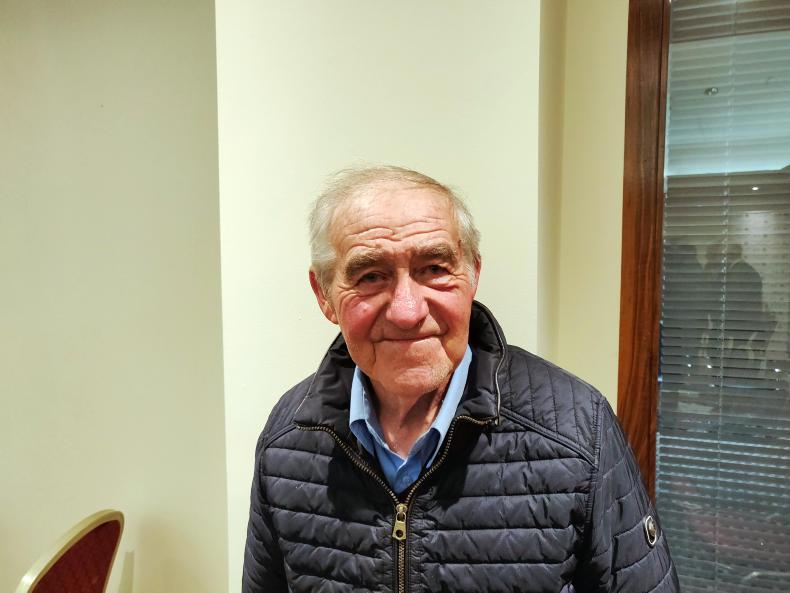
"Beef businesses, anyone involved in producing high-quality cattle is entitled to their part of the €100m. Factories and feedlots on the other hand can’t be a beneficiary, the fund is aimed at supporting the farmer who was forced to take a bad price for their cattle at the end of last year and much of 2019. We absolutely cannot accept the suggestion of a reduction in output for our piece of the fund. This is Europe’s cute way of reducing the suckler herd in Ireland, but it hasn’t gone unnoticed. The fund should simply be to help those farmers with losses they incurred while taking bad prices as a result of Brexit."
Beef and poultry farmer, Co Monaghan

"Farmers who sent heifers, bullocks and bulls to slaughter since last September are in line for the €100m with the live suckler herd taken into account. I agree with the IFA's proposal that every penny should go to genuine farmers, paid directly to those who sold prime finished cattle since last autumn and suckler farmers. Cattle from the Republic that were sent to slaughter in the North should be taken into consideration for a part of the fund. Along the border region, many farmers send their cattle to Northern Irish abattoirs but may be left behind when the fund is divided. They too were hit by the poor prices in this lead-up to Brexit. As far as the suggestion of a production reduction from the European Commission goes, I am in total disagreement. If the Commission wants to pursue a method for reducing the Irish suckler herd then they must come out with a totally separate scheme."
Suckler to beef farmer, Co Louth
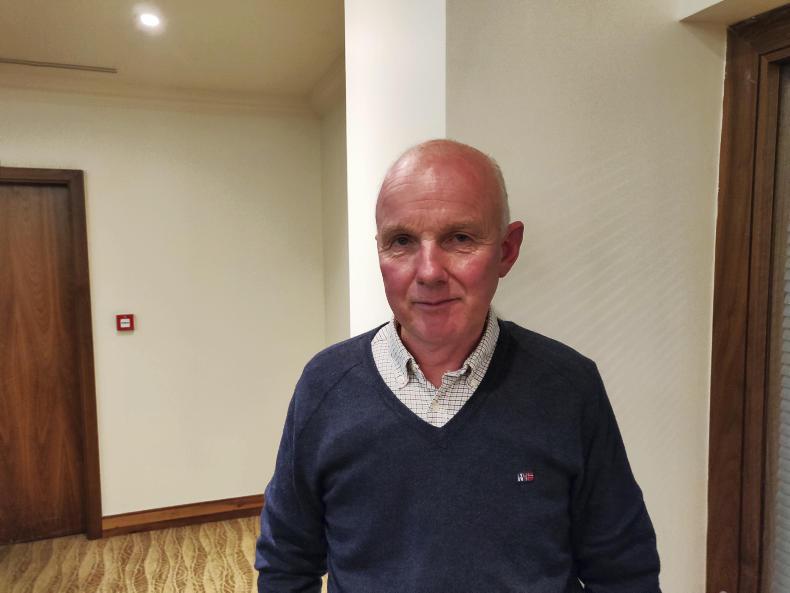
"The farmers who sold their weanlings at a heavily discounted price are certainly entitled to their share of the fund. A lot of genuine people suffered as a result of the turmoil caused by Brexit, feeding cattle over a long winter with no sign of a price increase in the February to May period. The reduction proposed by the Commission is a total contradiction from a genomics viewpoint. Farmers have been encouraged to keep the highest-quality cattle in the past and now we’re being told to reduce our herd size. If they intend to reduce numbers then they should also think about removing penalties for cattle based on their genetic merit. We are really going to get hit in the pocket either way and my big question is; if suckler farming is no longer viable here, what will we replace it with?"
Dairy farmer, Co Louth
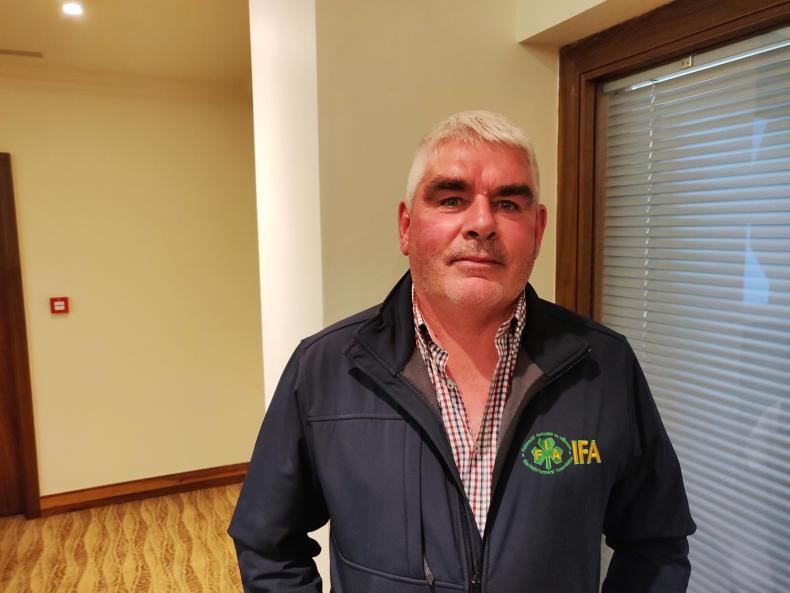
"Beef finishers should be the main beneficiary of the fund, dairy men can’t expect to receive compensation for their cull cows. With milk prices remaining very stable at the minute I think it would be unfair for the dairy sector to take a part of the €100m. The fluctuation in beef prices with Brexit is what has to be compensated for. I suppose going forward our carbon output will have to be addressed with reduction of the herd size being the Commission's answer to this. At the end of the day, this is coming down the line and we have to do our bit for climate change. The dairy expansion also cannot go unregulated, its growth has to be addressed in the near future. The current rate of increase for milk production has its own climate factors attached but at the minute beef is taking the blunt of the backlash."



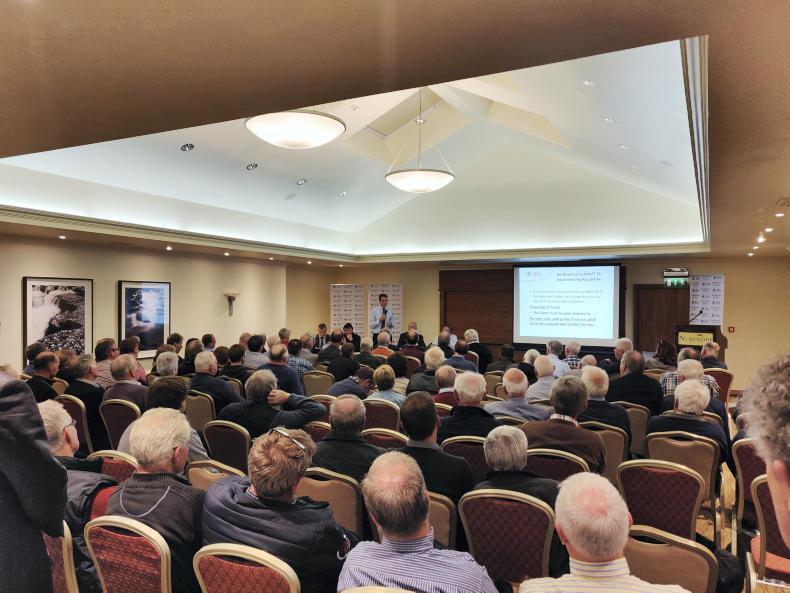

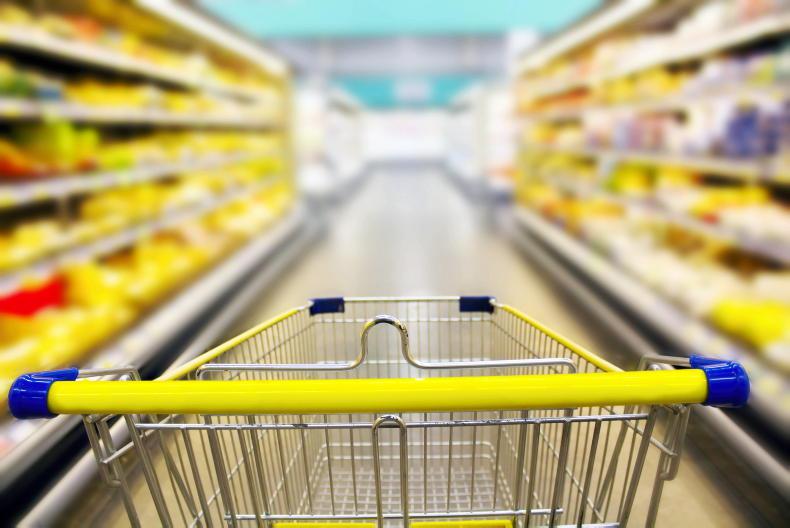

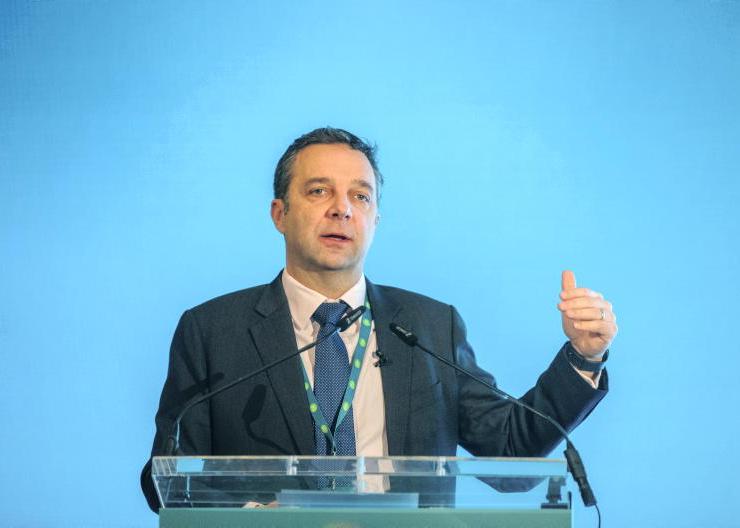


SHARING OPTIONS